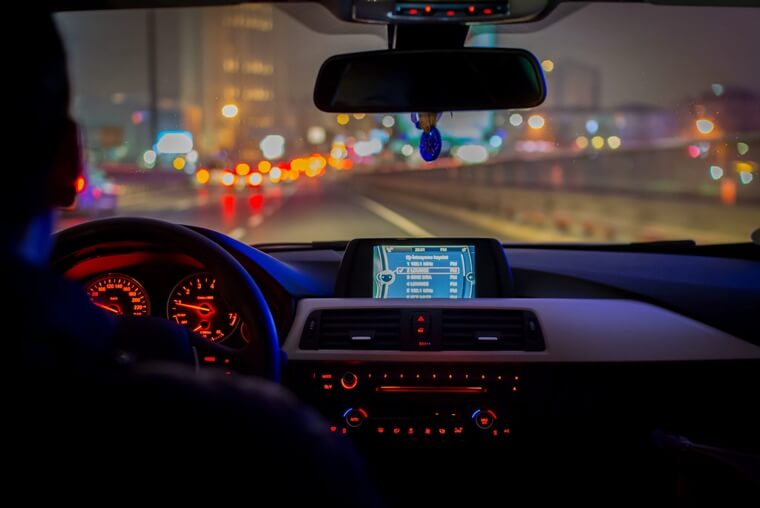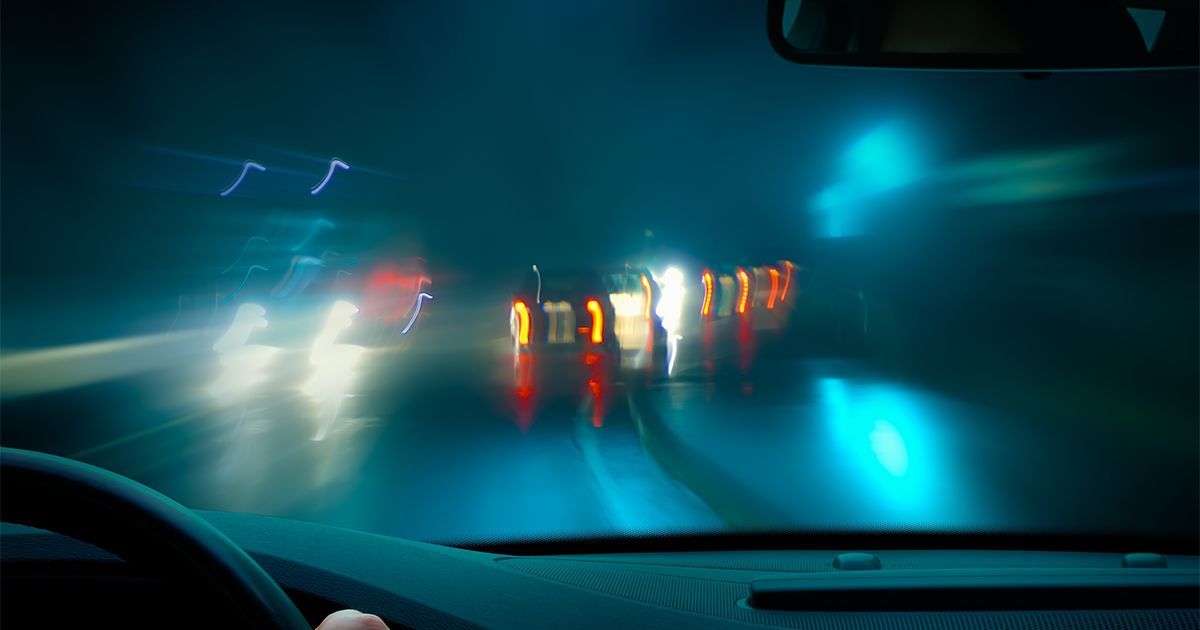Driving at Night: Follow These 9 Safety Tips To Avoid Accidents
According to the National Safety Council, nighttime driving can be dangerous, with 50% of traffic deaths happening at night. This number is significantly high, considering that nighttime driving accounts for only about a quarter of all driving in South Carolina and elsewhere in the U.S. Incidentally, The Palmetto State falls in the top 10 states that record the highest number of car accidents annually. These accidents can be devastating, more so if they happen at night.
If you or a loved one was injured in an accident, the victim(s) has the right to seek fair compensation if someone else’s negligence resulted in injuries, losses, and damages. The settlement would cover, among other damages, your medical bills, property damage, lost wages, and pain and suffering. Consult with a South Carolina car accident attorney to understand your legal rights and chart a plan to get you the compensation you deserve.
Stay off the road in the dark. But if you must drive at night, follow these safety tips to avoid accidents and ensure everyone on the road stays safe.
1. Don’t Drink and Drive
Not only is it illegal to drink and drive, but it’s also dangerous for you and other road users. Alcohol impairs your judgment and slows reaction time. Let a designated driver take the wheel after a night of drinking. Impaired driving accounts for one of the big reasons for car accidents.
2. Be Well Rested
Too many nighttime accidents happen because the driver falls asleep behind the wheel. Avoid driving after taking any drugs that cause drowsiness. Your brain is naturally wired to sleep at night, so you’re more likely to feel tired when driving at night. Avoid driving at night if you’ve been awake for too long. Watch out for signs of driver fatigue, and don’t hesitate to pull over in a safe spot and take that much-needed nap.
3. Stay Alert
Even the smallest of distractions can prove deadly when driving at night. Remain aware of your surroundings throughout the drive by avoiding distractions such as messing with the radio or using your phone.
Furthermore, be alert of other drivers. Apply your best defensive driving skills, especially when other drivers aren’t as careful or responsible.
4. Use Your Lights Appropriately
Turn your night lights on at least 30 minutes to an hour before sunset. If your car has the capability for this feature, switch the lights to auto so you’re in the clear, even if you forget to turn them on manually.
Use high beams when you drive at night on open rural roads. High beams will increase your view to twice what you’ll get with standard lights. However, remember not to use high beams when behind another driver. Dim the lights when you see another driver approaching.
5. Adjust Interior Lighting
Just as important as your night lights are the interior lighting. Dim your dash lights and instrument panel, as these lights can be quite distracting inside your car. Dimming interior lighting will reduce or eliminate reflections on your windshield and windows, allowing your eyes to adjust even better to the darkness as you drive.
6. Watch Your Speed
Strictly follow speed limits when driving at night. Ensure there is more space between you and other cars than if you were driving during the day. Also, consider the road conditions, and adjust your speed accordingly. For example, you will want to reduce your speed by up to half when it’s snowing.
7. Clear Your View
Make sure your windshield and all windows are clean. Also, fix any scratches or cracks on your windshield before driving at night. Cracks and dirt on your windshield scatter light and will only increase the blinding effect of glare.
8. Watch for Wildlife
Animals tend to come out around dusk and a little later after that. Watch out for these hazards, especially when driving through fields and forested areas. Slow down immediately when you spot an animal on the road, so you can avoid dangerous lane changing or getting off the road.
9. Choose the Safest Routes
Some roads are easier to maneuver and safer than others when night driving is involved. If you can help it, routes must always be better lit or have sharp turns.
Expert Help When You Need It
Following all the safety guidelines will help reduce the risk of a road accident. However, you can only do so much, especially when another negligent driver fails to follow the same guidelines and laws. In case an accident happens, seek legal counsel to protect your rights and get the compensation you deserve.












